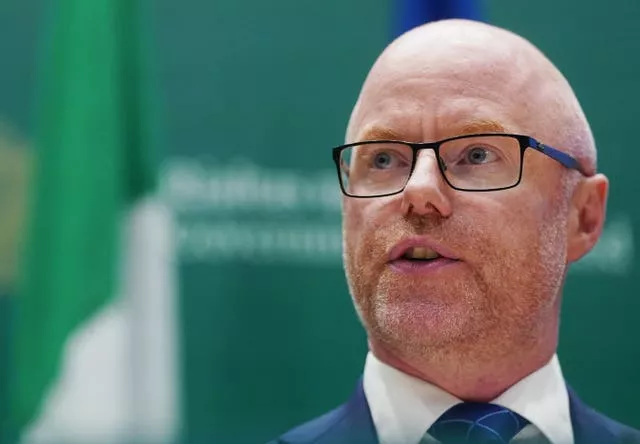Minister for Health Stephen Donnelly has said he raised concerns about rosters at University Hospital Limerick (UHL) before the death of 16-year-old Aoife Johnston.
She died on December 19th, 2022, after waiting 12 hours in the hospital's Emergency Department (ED) for treatment for sepsis.
Her family has said her condition deteriorated so much that other patients began advocating for her to be seen.
Mr Donnelly expressed his condolences to her family for her “tragic death” and said he planned to meet her family in Limerick “soon”.
An independent investigation led by retired chief justice Frank Clarke is to examine the circumstances surrounding Aoife’s death as well as the clinical and corporate governance of the hospital.
An initial report found that overcrowding in UHL’s ED is “endemic”, and doctor and nurse staffing levels are “insufficient”.
Mr Donnelly said the report made for “very sobering reading”.
“I think there are changes in terms of patient flow, patient management, that needs to be made,” he told RTÉ’s Morning Ireland.
“Certainly, when I read the report into the tragic death of Aoife Johnston, there were practices being followed in terms of rostering which I had personally raised with the hospital previously and asked to be changed. And, at this weekend, they certainly hadn’t been changed.”
Addressing the family’s concerns about not being consulted before the terms of reference of the investigation were announced, Mr Donnelly said officials could not consult the family as there was “a new approach being taken that can have accountability at the end”.

“We would always want to include families in setting terms of reference for various reviews and that is normal practice. It doesn’t happen always the way it should but it is the way things should always work.
“In this particular case, because this is an investigation that could result in accountability at the end, something that the HSE is criticised for not normally doing – indeed myself in opposition, I would have criticised the HSE for not doing it – this approach is different.
“It’s a new approach being taken by the new chief executive that can have accountability at the end.
“If adverse findings are made, then there are processes that might follow from this investigation.
“Now, the advice that the HSE got was, in order to have a process whereby you could have accountability at the end, there were no third parties that could input to the terms of reference. That’s none of the management, none of the staff involved, none of the clinicians and the family.
“So at a human level, you always want to do it. But we also want to have a process where there can be accountability at the end.”







